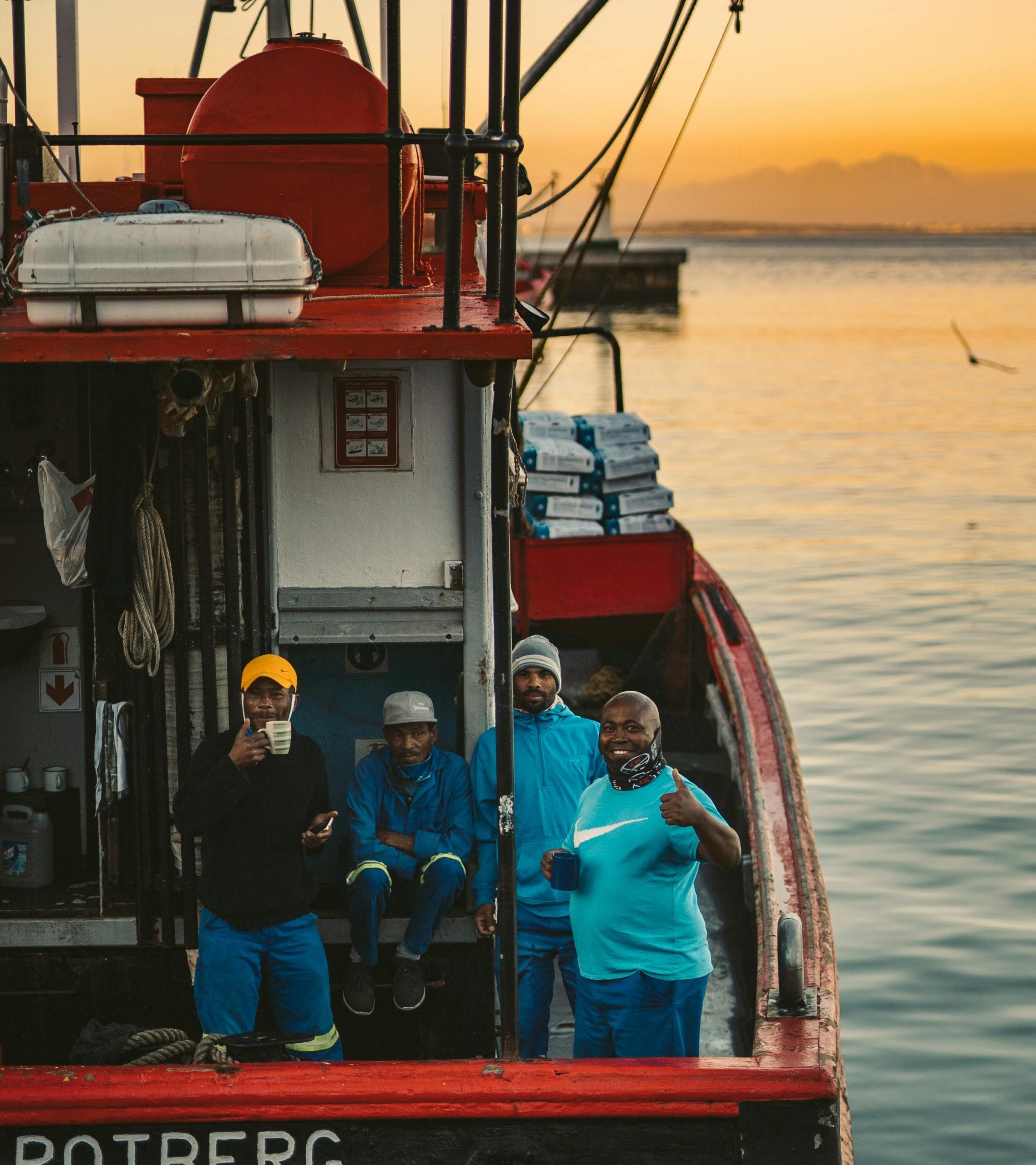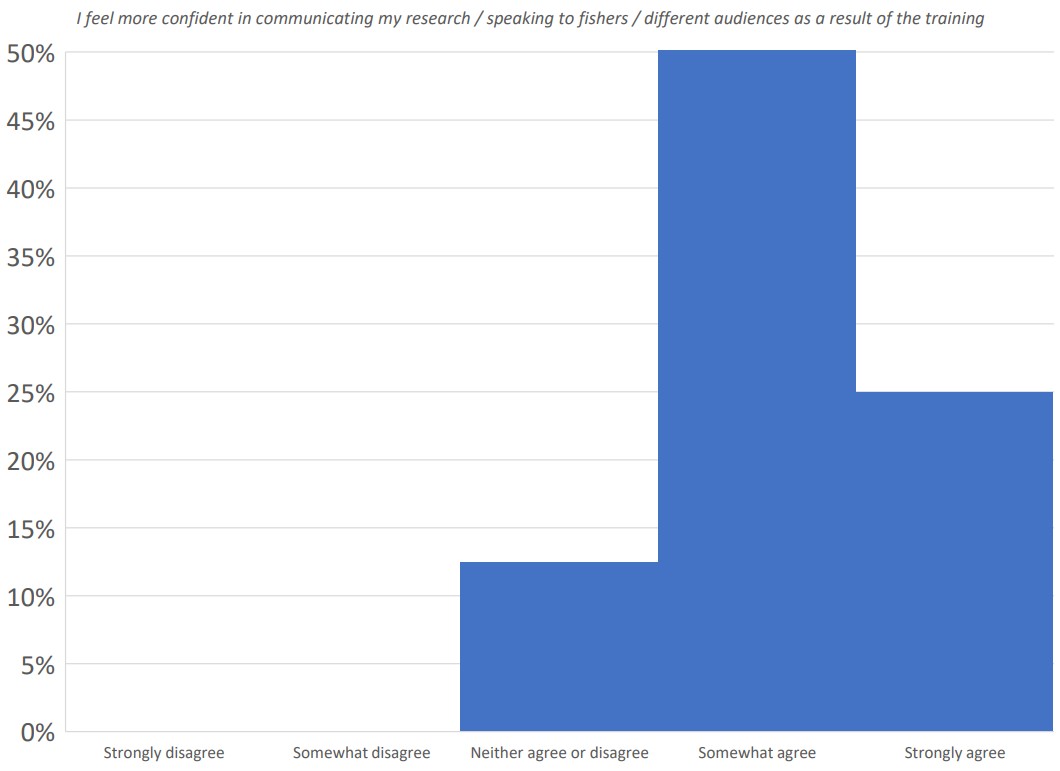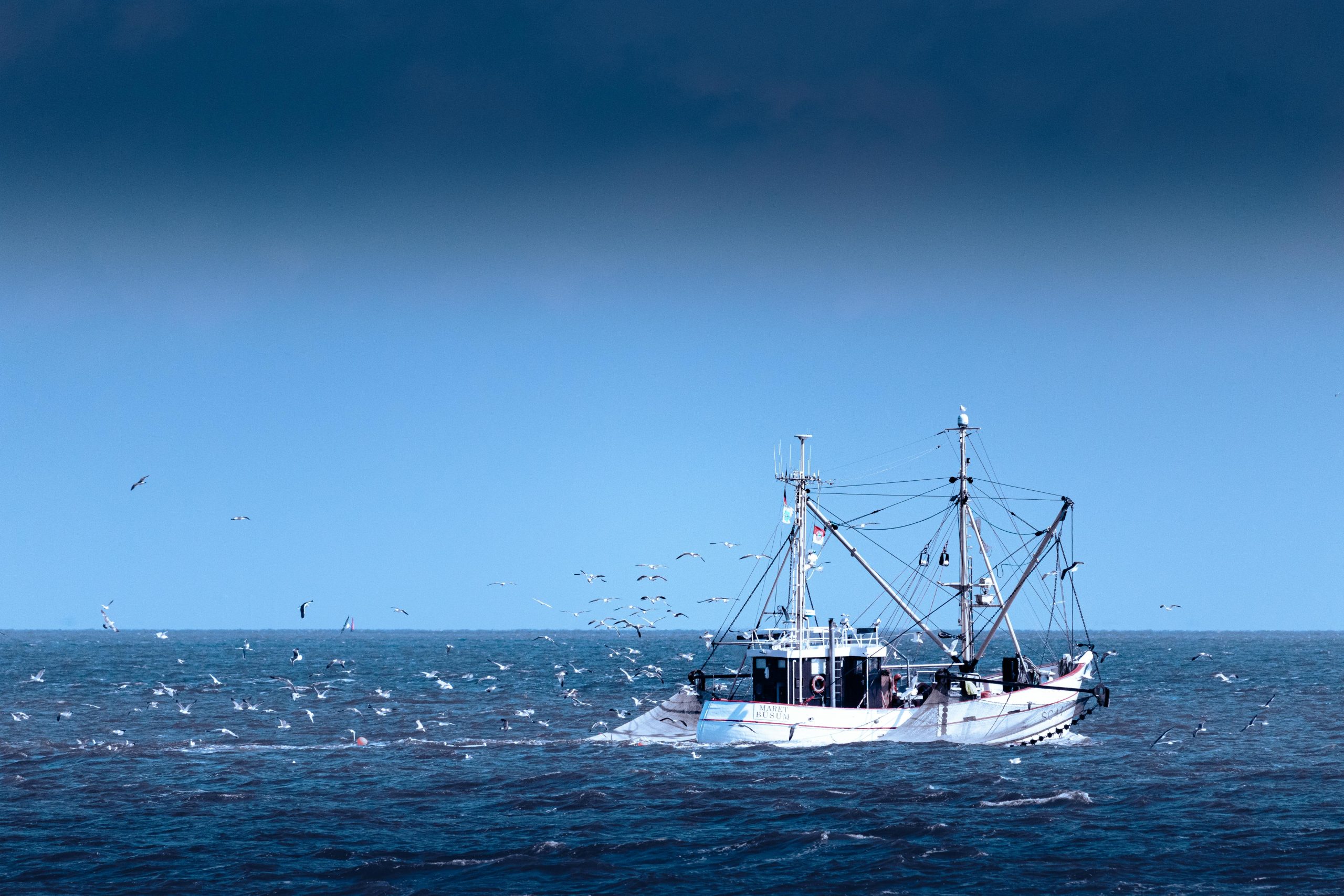
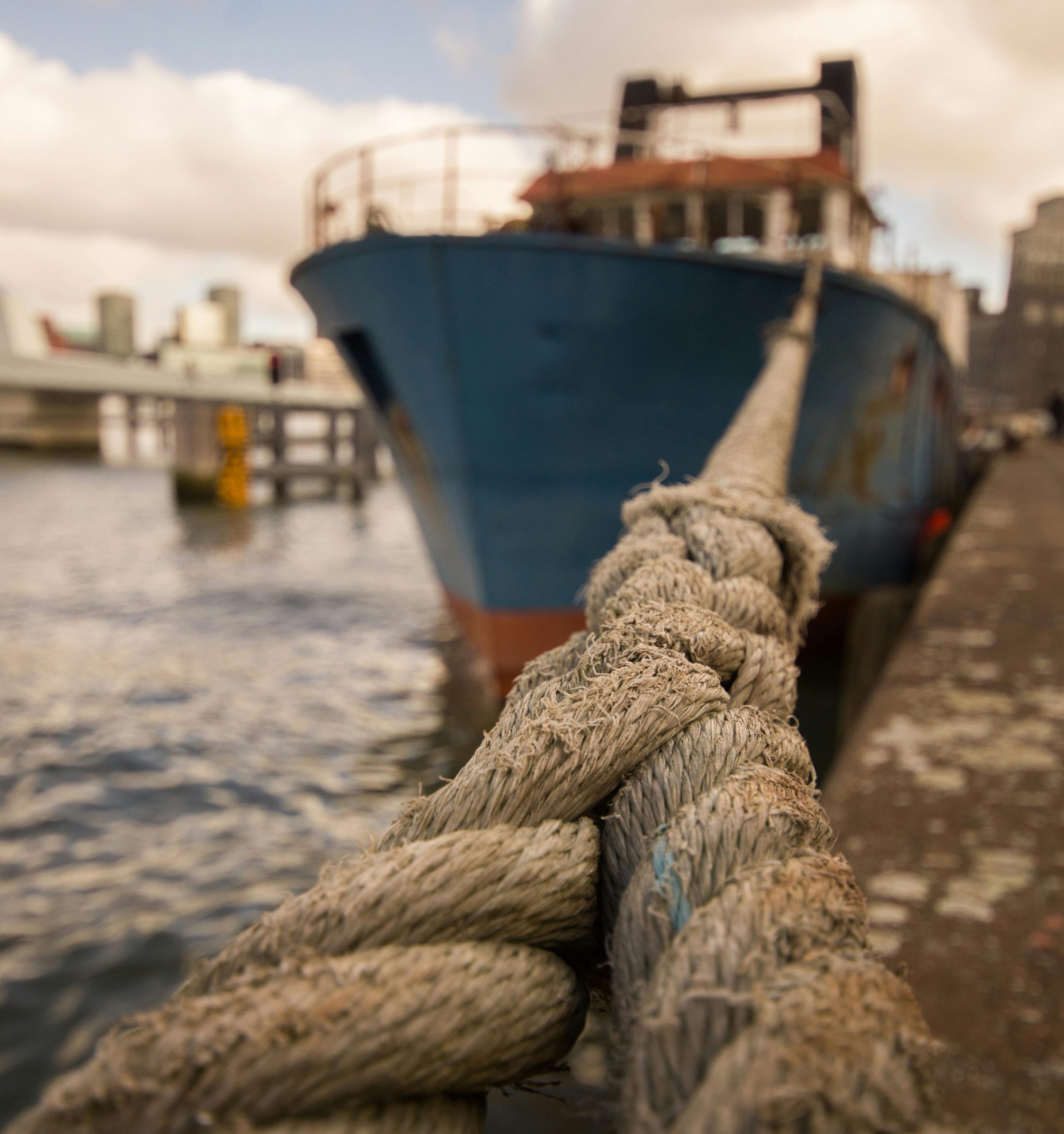
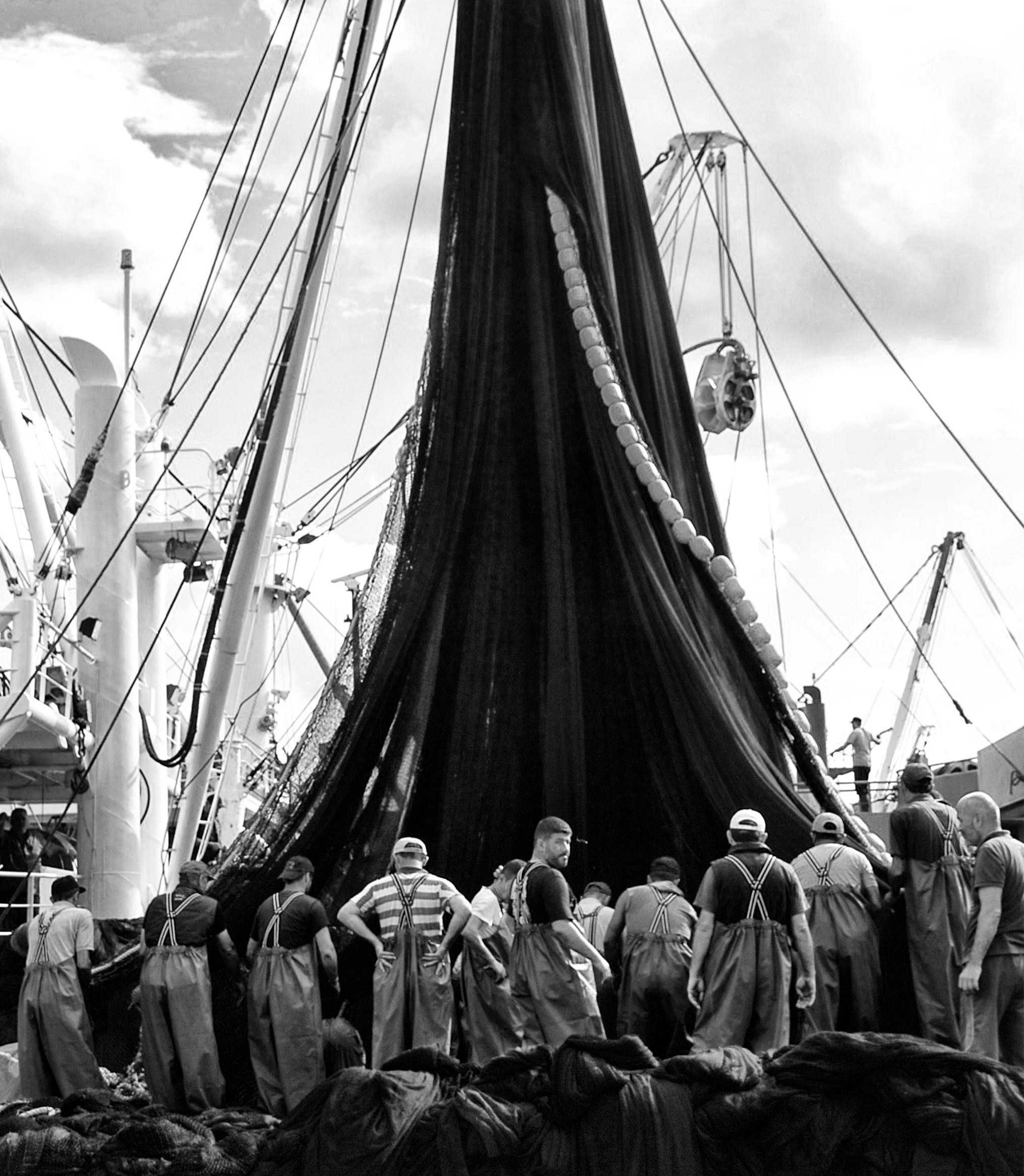
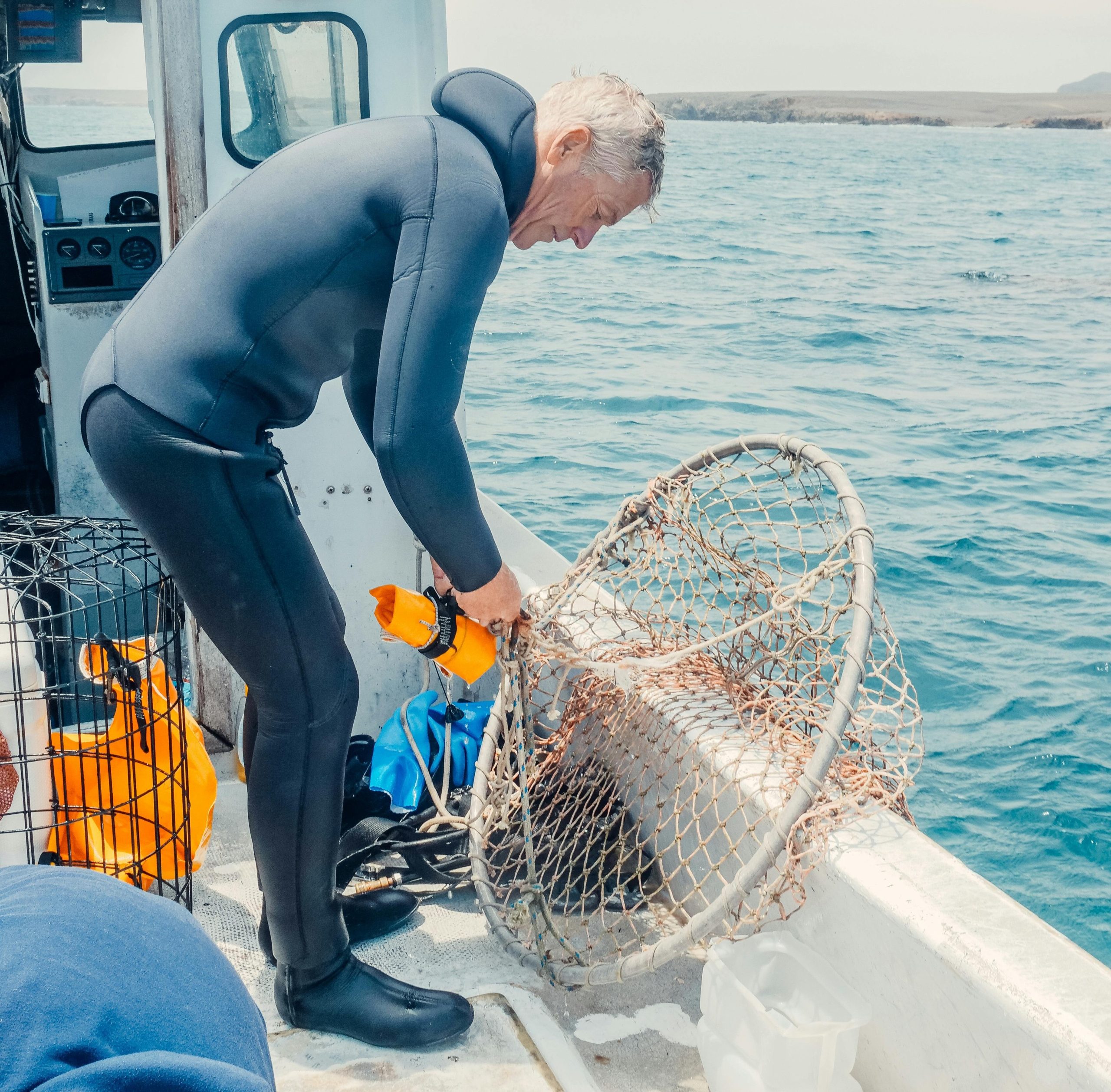
As a European consortium, CIBBRiNA researchers work at institutions across the European Union. While they brought extensive scientific expertise, many had limited (or bad!) experiences in direct engagement with fishers.
Challenges include:
Our training needed to equip researchers with strategies for clear communication, empathy, conflict resolution and building stronger relationships.
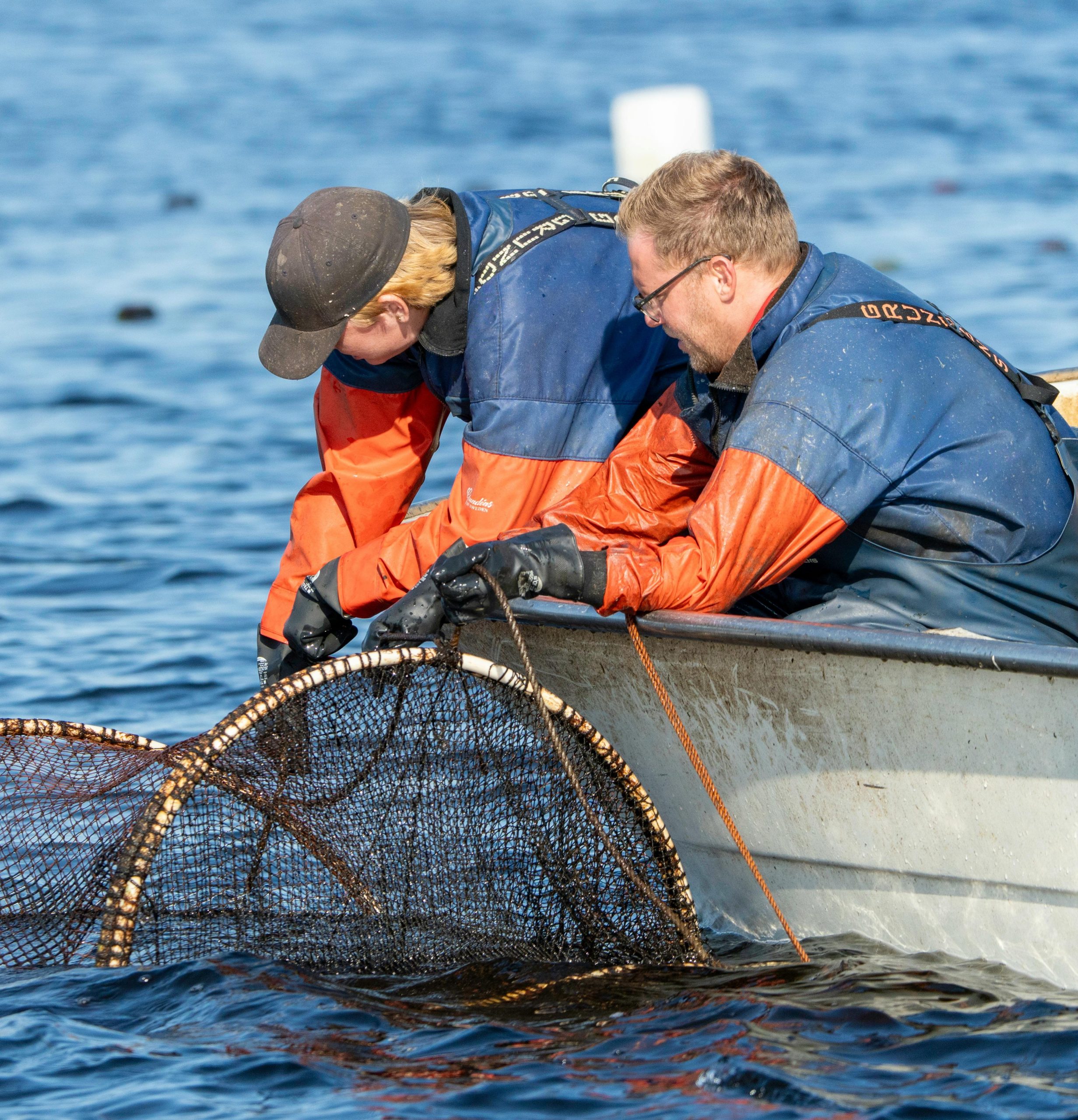
The consortium developed a three part online workshop series with each session focussing on a different aspect of communication:
• Social science & psychology: understanding human behaviour & motivation.
• Jargon busting & storytelling: making science accessible & memorable.
• Conflict resolution & negotiation: strategies for handling disagreement & building consensus.
A standout moment was the role-playing exercise, where participants took turns trying to win over a 'sceptical fisherman' giving researchers a safe space to practice persuasion, empathy, and resilience.
Weekly homework tasks included writing scripts, filming short videos, and reflecting on past experiences. These were reviewed in group sessions, creating a cycle of learning and improvement.
